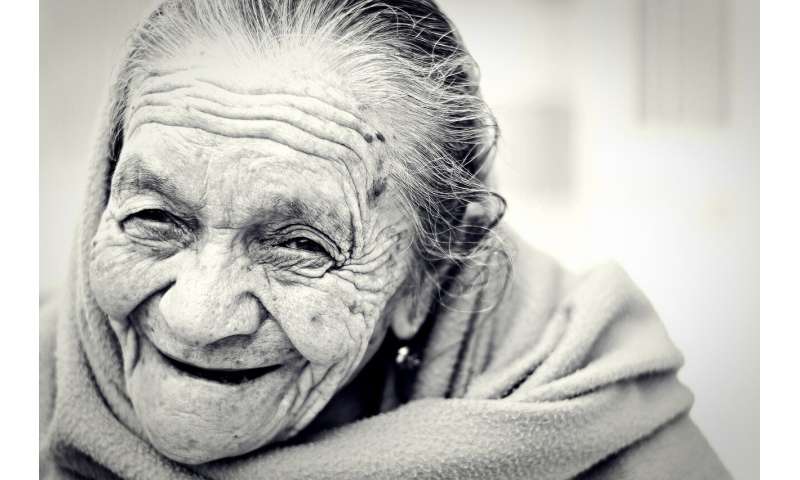
It is estimated that over 2 million Americans with dementia experience delusions (false beliefs) and hallucinations (seeing or hearing things that others do not see or hear). This group of symptoms, known as dementia-related psychosis, may cause significant distress to individuals and their families. Although common, the condition frequently goes undetected in people who may be struggling with other complex behavioral and psychological symptoms of dementia.
A new publication from The Gerontological Society of America (GSA), “Dementia-Related Psychosis: Gaps and Opportunities for Improving Quality of Care,” brings attention to the need for greater awareness of this condition within the medical community and better support for those affected.
“This new resource provides an excellent overview of an underdiagnosed condition that’s not well understood,” said Banner Alzheimer’s Institute Director Pierre N. Tariot, MD, who contributed his expertise in geriatric psychiatry to the publication’s multidisciplinary review committee. “It will be a useful tool for the research and practice communities to help us build a roadmap for better diagnostic clarity and better patient outcomes.”A neurologist, a geriatrician, and a long-term care geriatric psychiatrist—Gustavo Alva, MD, Joshua Chodosh, MD, and Gary Epstein-Lubow, MD, respectively—also served as reviewers, as individuals with dementia-related psychosis may require care across various clinical settings.
Currently, there is no consensus in the medical community on how to diagnose dementia-related psychosis, which is clinically distinct from psychosis in other disorders (e.g., schizophrenia). There are also no specific International Statistical Classification of Diseases-Tenth Revision (ICD-10) diagnostic codes that would allow providers to document the condition in medical records, making it difficult to identify, monitor and appropriately manage symptoms.
Source: Read Full Article
